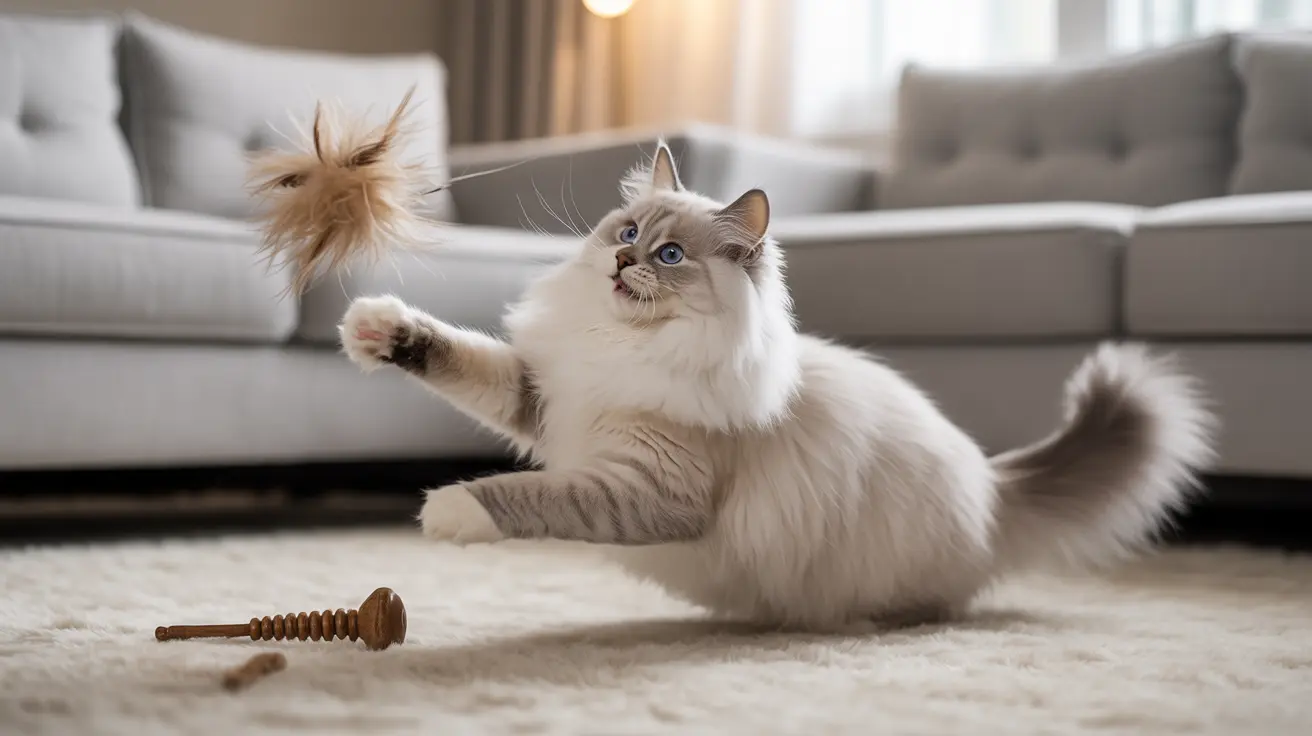The Turkish Angora is renowned for its exceptional longevity among domestic cat breeds. These elegant felines typically enjoy lifespans ranging from 12 to 20 years, with many healthy individuals living well into their late teens. Understanding their life expectancy and factors affecting it can help ensure your Turkish Angora companion lives a long, fulfilling life.
In this comprehensive guide, we'll explore the typical lifespan of Turkish Angoras, examine factors that influence their longevity, and provide expert tips for maximizing your cat's healthy years.
Understanding Turkish Angora Life Stages
Turkish Angoras progress through several distinct life stages, each requiring specific care and attention:
- Kittenhood (0-6 months): Rapid growth and development
- Juvenile (6-12 months): Sexual maturity and increased independence
- Adult (1-10 years): Prime years of health and activity
- Senior (11-14 years): Beginning of age-related changes
- Geriatric (15+ years): Advanced age requiring specialized care
Factors That Impact Turkish Angora Longevity
Genetics and Breeding
Turkish Angoras from reputable breeders often live longer due to careful genetic screening and responsible breeding practices. Their natural breed status contributes to their robust health and impressive lifespan potential.
Indoor vs. Outdoor Living
Indoor Turkish Angoras typically live significantly longer than outdoor cats. While outdoor cats may only live 2-5 years due to various risks, indoor Turkish Angoras regularly reach 15-20 years of age.
Diet and Nutrition
Proper nutrition plays a crucial role in extending your Turkish Angora's lifespan:
- High-quality protein-rich diet
- Appropriate portion control
- Fresh water always available
- Regular feeding schedule
- Age-appropriate food choices
Health Considerations for Long Life
Turkish Angoras are generally healthy cats, but awareness of potential health issues can help prevent problems:
- Regular veterinary check-ups
- Genetic screening for hereditary conditions
- Monitoring for hypertrophic cardiomyopathy
- Special attention to white cats with blue eyes (potential deafness)
- Dental care and grooming maintenance
Environmental Enrichment and Exercise
These active, intelligent cats need proper stimulation to maintain optimal health:
- Climbing structures and vertical spaces
- Interactive toys and play sessions
- Mental enrichment activities
- Social interaction with family members
- Safe exploration opportunities
Frequently Asked Questions
What is the average lifespan of a Turkish Angora cat compared to other domestic breeds?
Turkish Angoras typically live 15-20 years, which is longer than the average domestic cat lifespan of 13-17 years. With proper care, they often outlive many other purebred cats.
How can I help my Turkish Angora live a longer, healthier life?
Provide high-quality nutrition, regular veterinary care, indoor living, plenty of exercise, mental stimulation, and lots of love and attention. Maintaining a stress-free environment and proper weight management are also crucial.
Are there common health issues in Turkish Angoras that can affect their lifespan?
While generally healthy, Turkish Angoras can experience hereditary deafness (particularly in white cats with blue eyes) and hypertrophic cardiomyopathy. Regular veterinary screening can help detect and manage these conditions early.
Does keeping a Turkish Angora indoors impact how long they live?
Yes, significantly. Indoor Turkish Angoras typically live much longer than outdoor cats due to protection from accidents, diseases, predators, and extreme weather conditions.
How does diet and exercise influence the longevity of Turkish Angora cats?
A balanced, high-protein diet and regular exercise help maintain healthy weight, muscle tone, and mental well-being. These factors significantly contribute to a longer, healthier life for Turkish Angoras.
Conclusion
Turkish Angoras are blessed with naturally long lifespans, and with proper care, they can remain active and healthy well into their senior years. By understanding their needs and providing appropriate care throughout their life stages, you can help your Turkish Angora reach their full life expectancy potential of 15-20 years or beyond.






